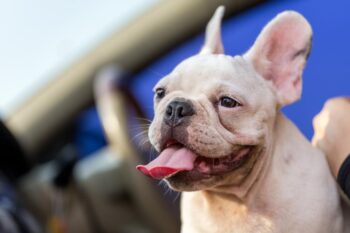
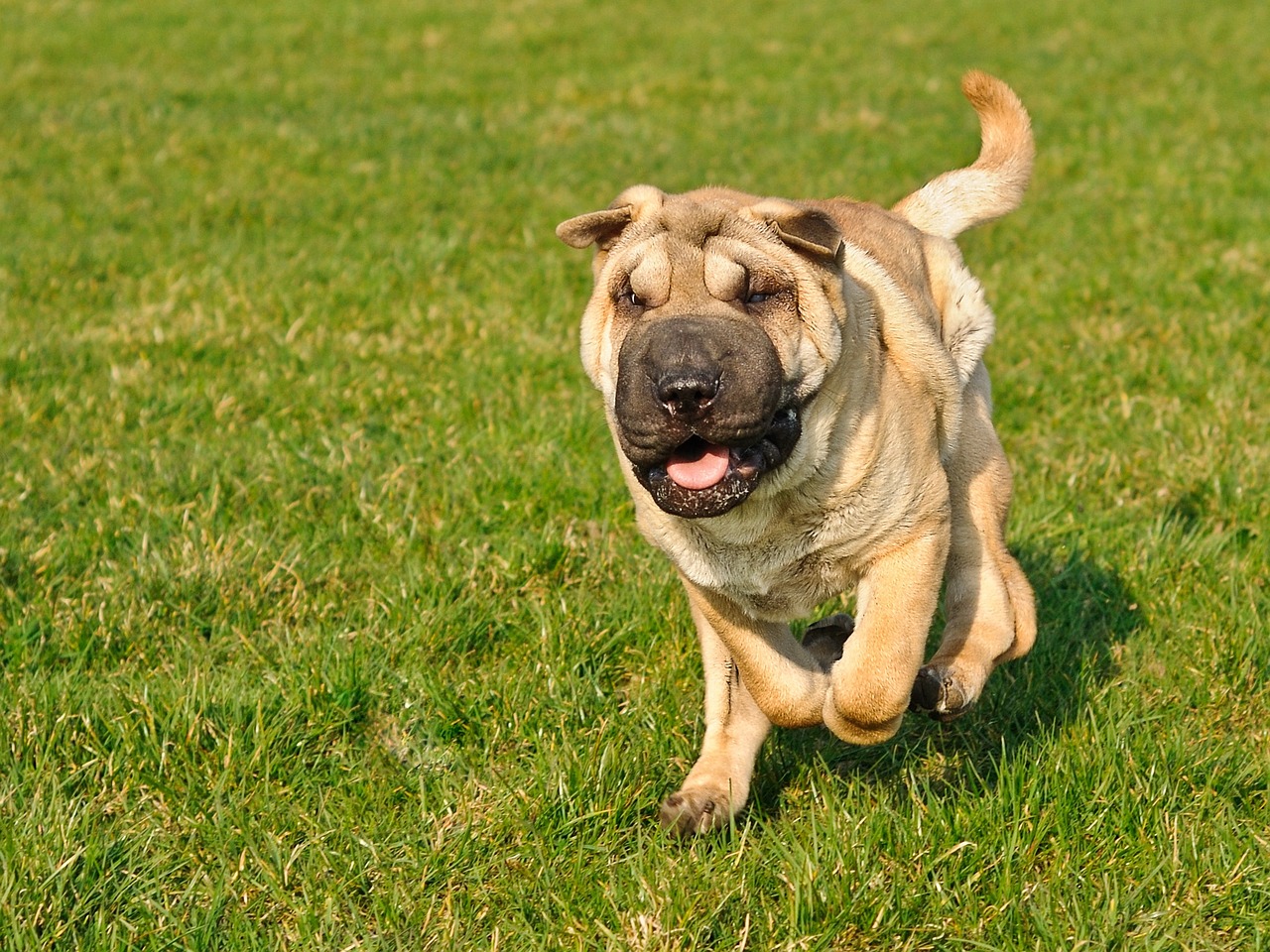
While all dogs deserve love and care, some breeds face significant health problems, lifestyle mismatches, or specific care needs that veterinarians wish people would consider before buying. These breeds often suffer from genetic issues worsened by breeding trends or inadequate understanding of their unique needs. Despite their popularity, many of these dogs require extensive medical care or rehoming because owners are unprepared for the challenges they bring. Veterinarians frequently advise against purchasing these breeds due to the complexities involved in their care.
8. English Bulldog
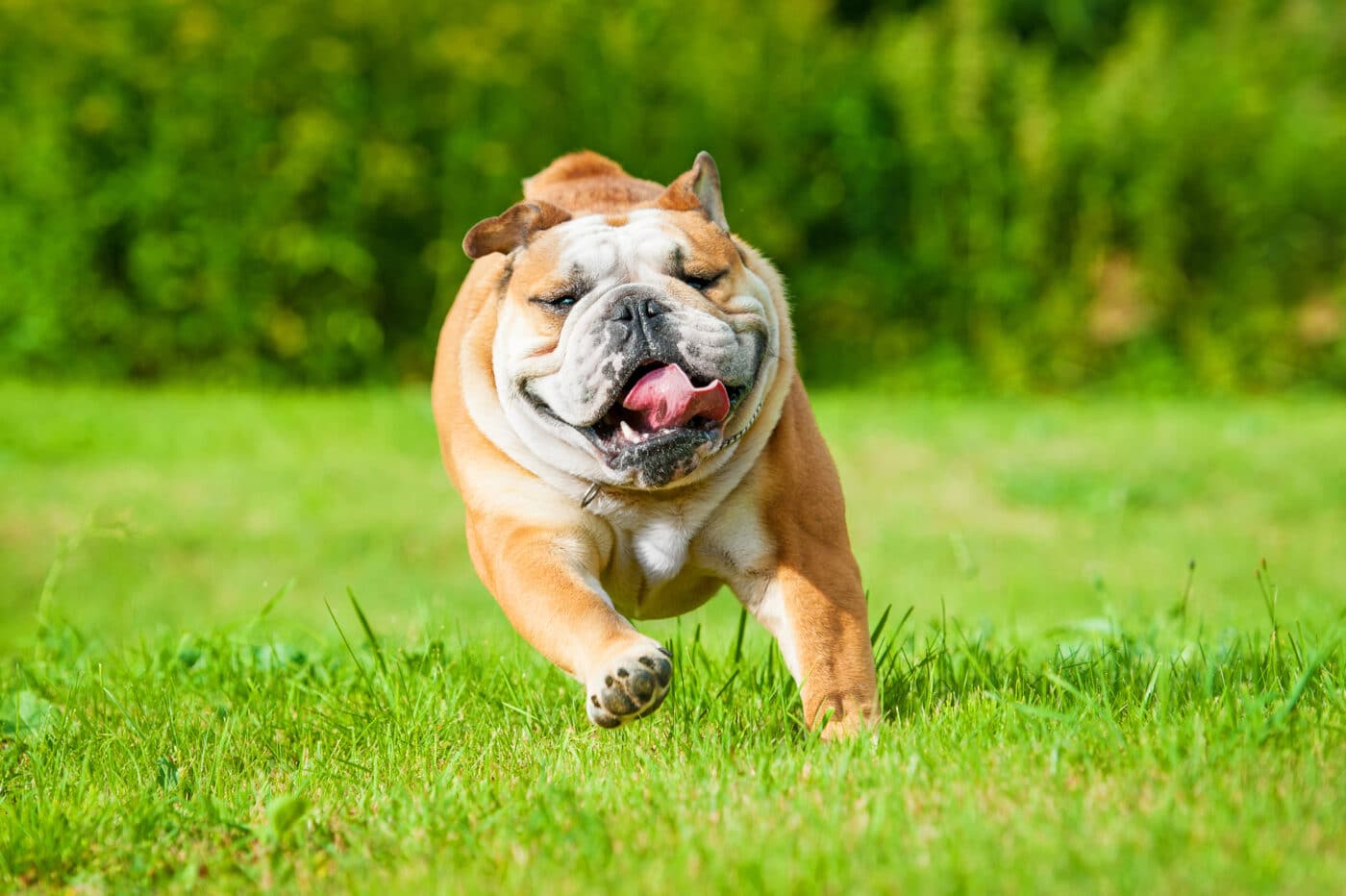
English Bulldogs are popular for their adorable wrinkled faces and stocky build, but they are prone to many health problems that make them one of the most medically challenging breeds. Their flat faces, or brachycephalic structures, lead to respiratory issues, causing them to struggle to breathe, especially in hot or humid weather. Bulldogs are also prone to hip dysplasia, skin infections due to their folds, and obesity, which exacerbates their health issues. Veterinarians often caution potential owners that the breed’s health complications can result in high medical bills and a shorter lifespan, making them a breed many wish people would avoid buying.
7. Cavalier King Charles Spaniel

Cavalier King Charles Spaniels are beloved for their gentle and affectionate personalities, but they come with significant health risks that veterinarians frequently encounter. This breed is especially prone to mitral valve disease (MVD), a heart condition that affects a large percentage of Cavaliers as they age. MVD leads to heart failure, significantly shortening their lifespan. Additionally, Cavaliers are susceptible to syringomyelia, a painful condition where the skull is too small for the brain, causing neurological symptoms. The heartbreaking reality of their health problems makes many vets urge people to consider healthier breeds with fewer medical complications.
6. French Bulldog
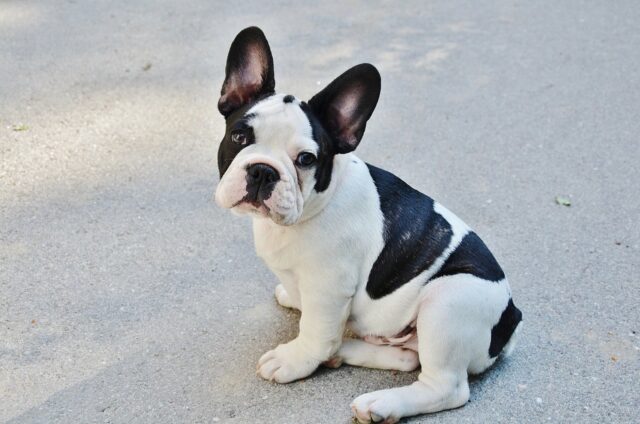
The French Bulldog’s bat-like ears and compact size make it a favorite among urban dwellers, but their popularity comes at a high cost to their health. Like English Bulldogs, Frenchies are brachycephalic, making them prone to breathing difficulties. Their short snouts and narrow nostrils often require corrective surgery to improve their quality of life. French Bulldogs also suffer from spinal disorders such as intervertebral disc disease, which can lead to paralysis. Their popularity has led to unethical breeding practices to meet demand, further contributing to their widespread health problems. Veterinarians frequently advise against buying this breed due to the extensive care and medical intervention they often require.
5. Shar Pei
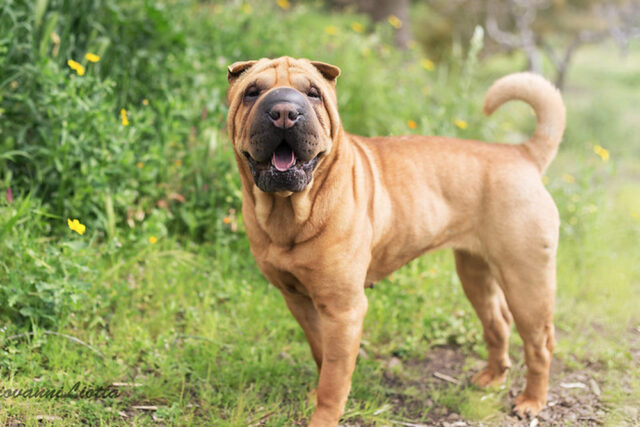
Shar Peis are easily recognized by their wrinkled skin and unique appearance, but those wrinkles come with various health concerns. Shar Peis are prone to a condition called “Shar Pei fever,” which leads to periodic fevers and inflammation, potentially resulting in kidney failure if left untreated. Their deep skin folds also make them susceptible to chronic skin infections and eye problems like entropion, where the eyelids roll inward, causing irritation and pain. The breed’s genetic health problems often lead to a lifetime of expensive medical treatments, and veterinarians warn that many people are unprepared for the ongoing care these dogs need.
4. Great Dane
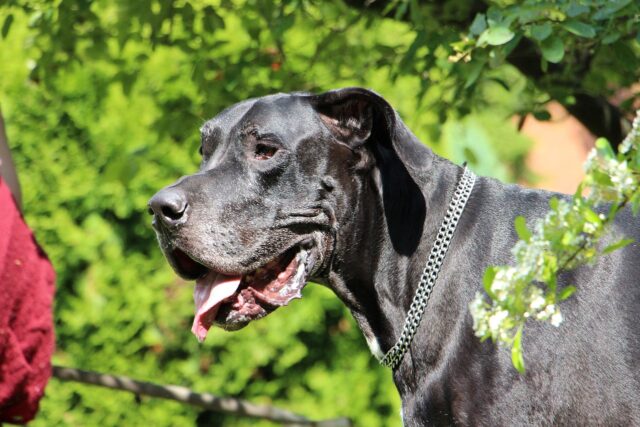
Great Danes are gentle giants, but their massive size brings various health challenges that veterinarians often see. One of the most common and life-threatening issues is gastric dilatation-volvulus (GDV), or bloat, where the stomach twists and traps gas, cutting off blood supply to vital organs. Without immediate medical intervention, GDV is fatal. Great Danes are also prone to hip dysplasia and heart problems, including dilated cardiomyopathy, which weakens the heart muscle. Given their size, these health issues can be more difficult and costly to treat, leading many veterinarians to caution against purchasing this breed unless owners are fully prepared for the potential expenses and care.
3. Dogo Argentino
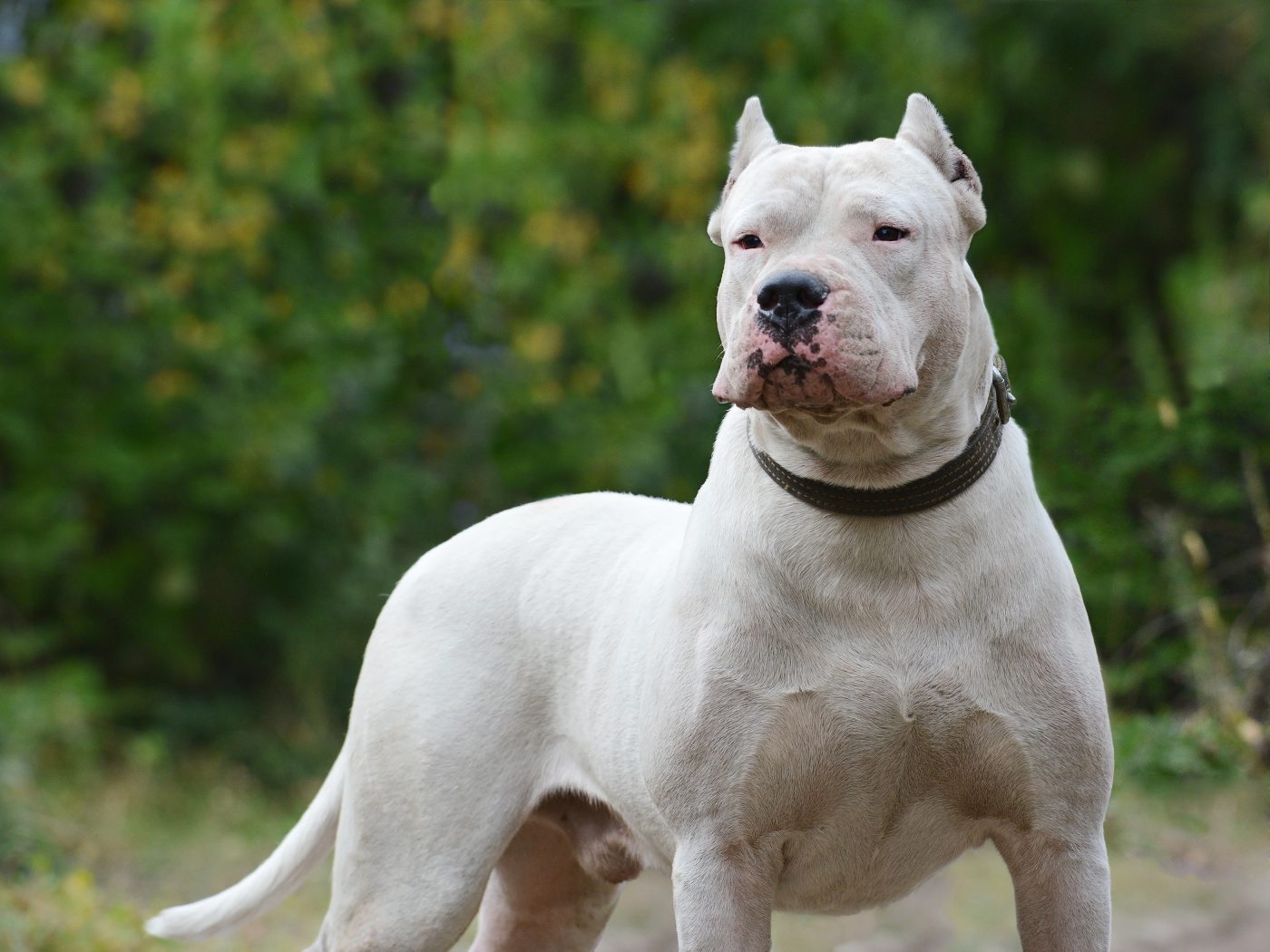
Dogo Argentinos are powerful, athletic dogs that require extensive training and a responsible, experienced owner. However, their intense energy and drive make them unsuitable for many people who are attracted to their strong appearance without understanding their needs. Dogo Argentinos are prone to hip dysplasia and deafness, the latter being particularly common in the breed. Additionally, their strong-willed nature can lead to behavioral issues if not properly trained, making them difficult for first-time dog owners to handle. Veterinarians often recommend against purchasing this breed unless the owner is fully prepared to invest time in training and managing their health concerns.
2. Chow Chow

Chow Chows are known for their lion-like manes and independent nature, but they also face several health problems that veterinarians frequently address. These dogs are prone to hip and elbow dysplasia, leading to mobility issues as they age. Chow Chows also have a high incidence of autoimmune disorders, which can lead to chronic skin issues and allergies. Their thick coat requires regular grooming to prevent matting and infections, and their independent temperament makes them prone to aggression if not properly socialized. Many vets suggest avoiding this breed unless owners are ready to commit to the necessary care and maintenance they require.
1. Pug

Pugs are a beloved small breed known for their wrinkly faces and friendly personalities. However, their brachycephalic (flat-faced) anatomy causes various health problems, particularly with breathing. Many Pugs suffer from Brachycephalic Obstructive Airway Syndrome (BOAS), which can make even basic activities like walking or playing difficult without causing breathing distress. Their prominent eyes are also prone to injuries and infections, and their skin folds can lead to chronic skin problems. Veterinarians frequently advise against buying pugs due to their extensive medical needs, particularly respiratory issues and weight management, which can severely impact their quality of life.
The Responsible Choice
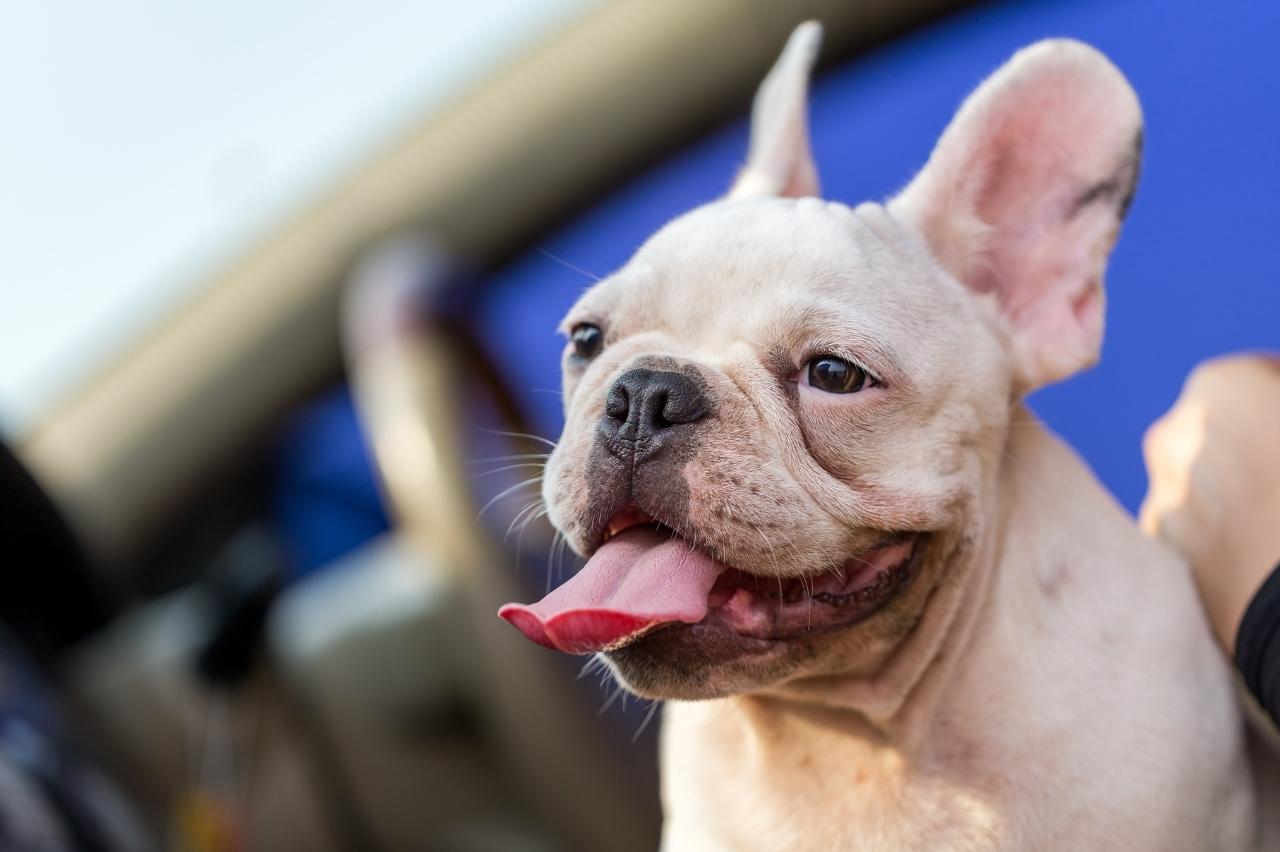
These popular dog breeds often have significant health and behavioral challenges, leaving veterinarians concerned about their well-being. Many owners are drawn to a breed’s appearance or popularity without realizing the lifelong care and medical attention they may require. While every dog deserves a loving home, veterinarians hope to raise awareness so prospective owners can make informed, compassionate decisions when choosing a pet. For those committed to these breeds, understanding their responsibilities is crucial to providing the necessary care and ensuring their long-term health.
The post 8 Dog Breeds Veterinarians Wish People Would Stop Buying appeared first on iHeartDogs.com.
via Whisker Therapy